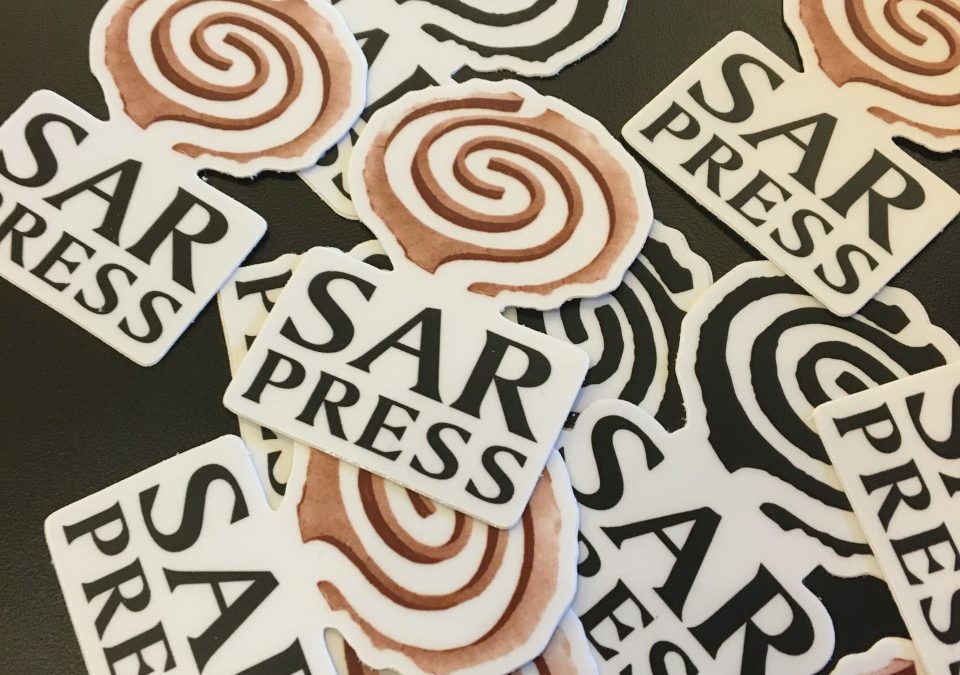
Celebrating SAR Press at AAA
For the first time, SAR Press participated in the AAA’s Celebration of Authors, and hosted a book signing that featured our most recent publications.

For the first time, SAR Press participated in the AAA’s Celebration of Authors, and hosted a book signing that featured our most recent publications.
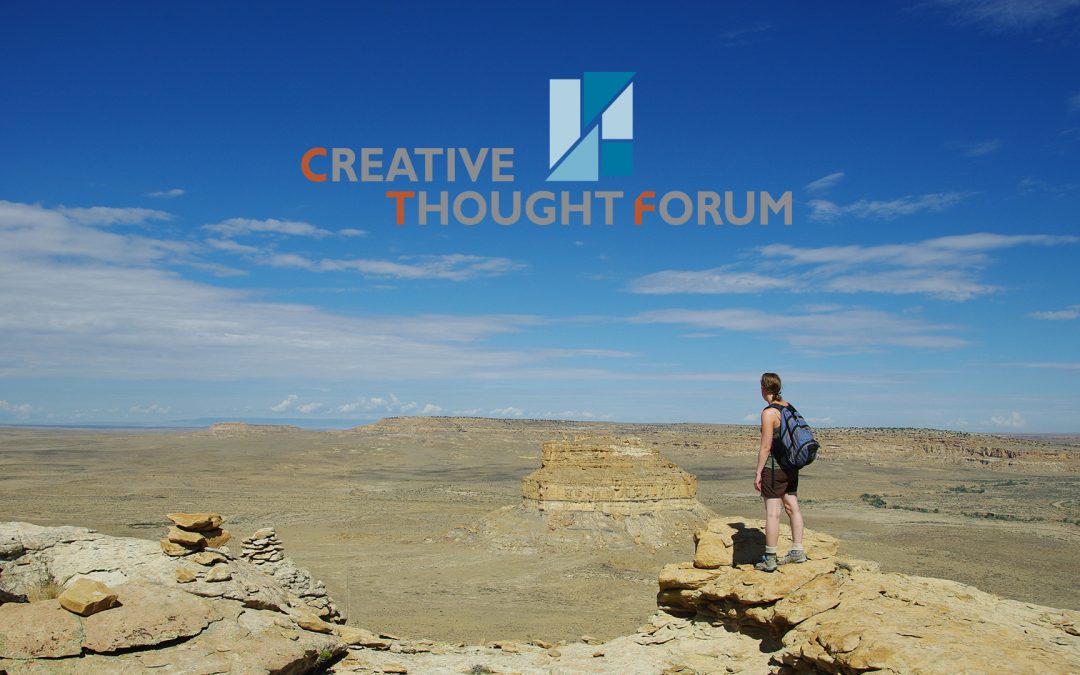
The School for Advanced Research (SAR) is pleased to announce the next event in our third annual Creative Thought Forum Series. Archaeologist Ruth Van Dyke presents Chaco Landscapes: Sensory and Political Engagements with Place. In her talk she shares insights into past and present social, political, and sensorial relationships across the greater Chaco landscape. She explores how archaeologists can work together with Native peoples to influence the public understanding of contemporary economic/extractive projects, including those in northwest New Mexico.
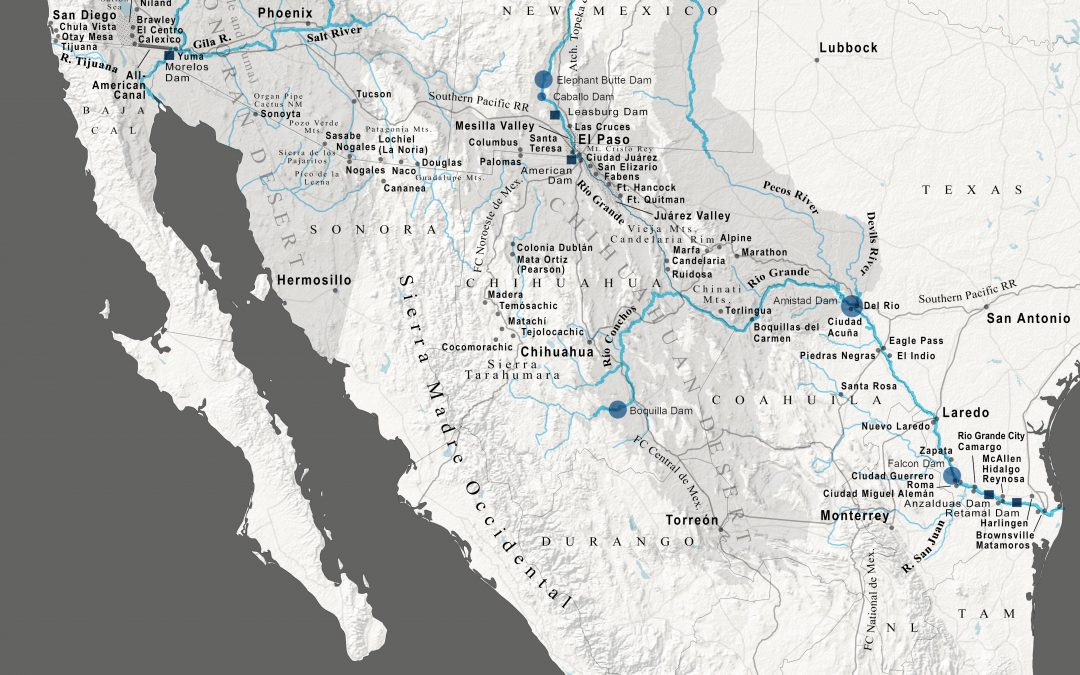
While in residence at SAR, C. J. Alvarez is working on a history of the Chihuahuan Desert that considers this area as an ecosystem rather than a political territory along a border. As we talked, I learned more about his new environmental history of the border region and what he’s gaining from his time in Santa Fe.
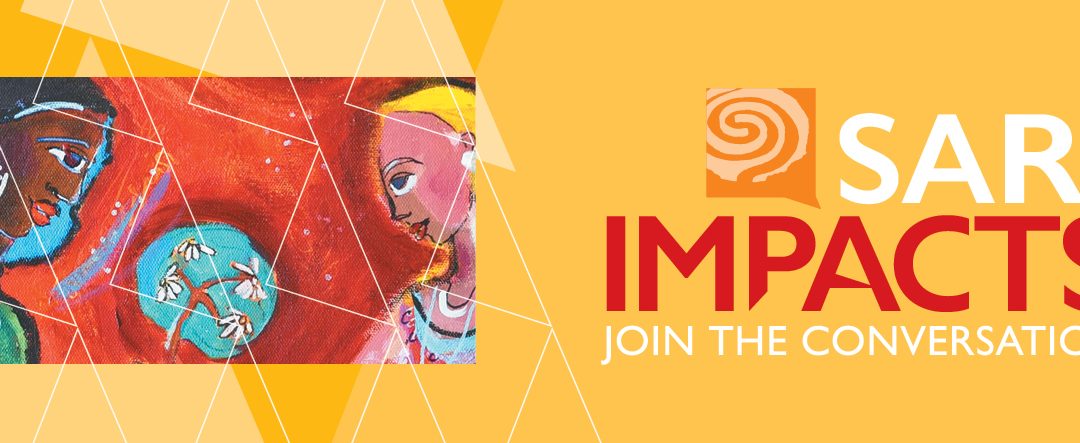
In a world where conversations are becoming more polarized, how do we find common ground? Regardless of where you stand, we face a crisis around the issue of public dialogue. “SAR is a unique place in that it allows intellectualism to breathe. We’re trying to build a society where complex ideas can be discussed and exchanged. Complex issues need creativity to percolate in order to be solved in our fast-paced world.” — Adriana M. Manago, co-chair of The Psychology of Patriarchy advanced seminar. Learn more about the 2015 seminar and the subsequent 2019 SAR Press publication.
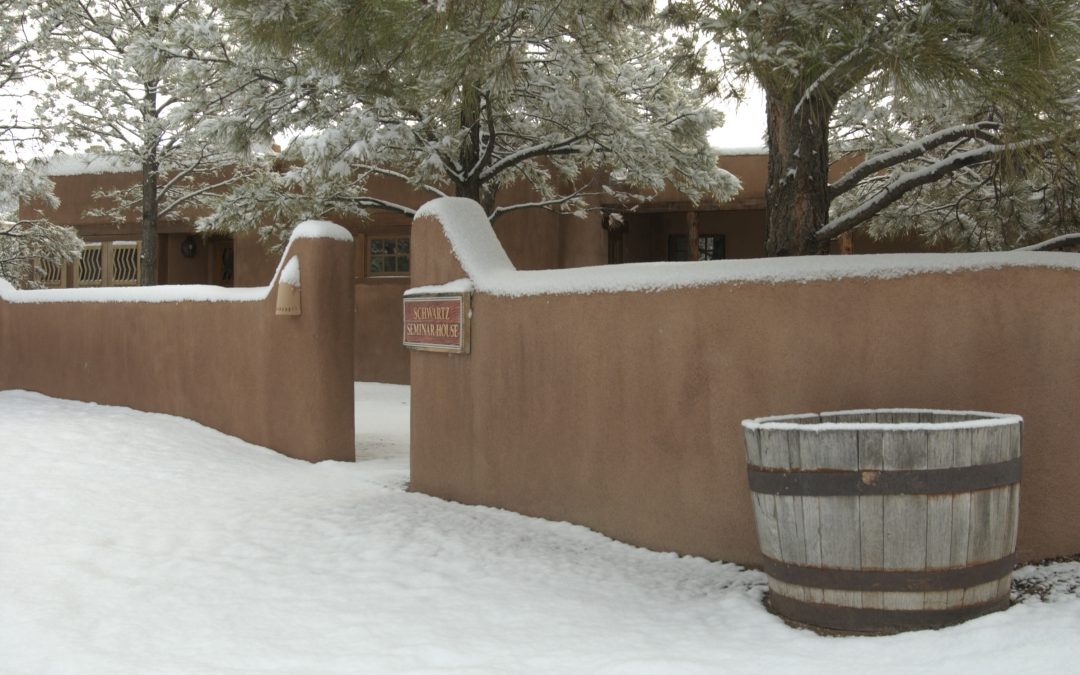
Since 1968, SAR’s seminar programs have given time and space to groups of scholars working together to push intellectual and academic boundaries. This year, SAR received a bequest to fund improvements to the Schwartz Seminar House where we host our advanced, short, and research team seminars. Learn more about the life of Pat Kuhlhoff and the programs her generous gift supports.
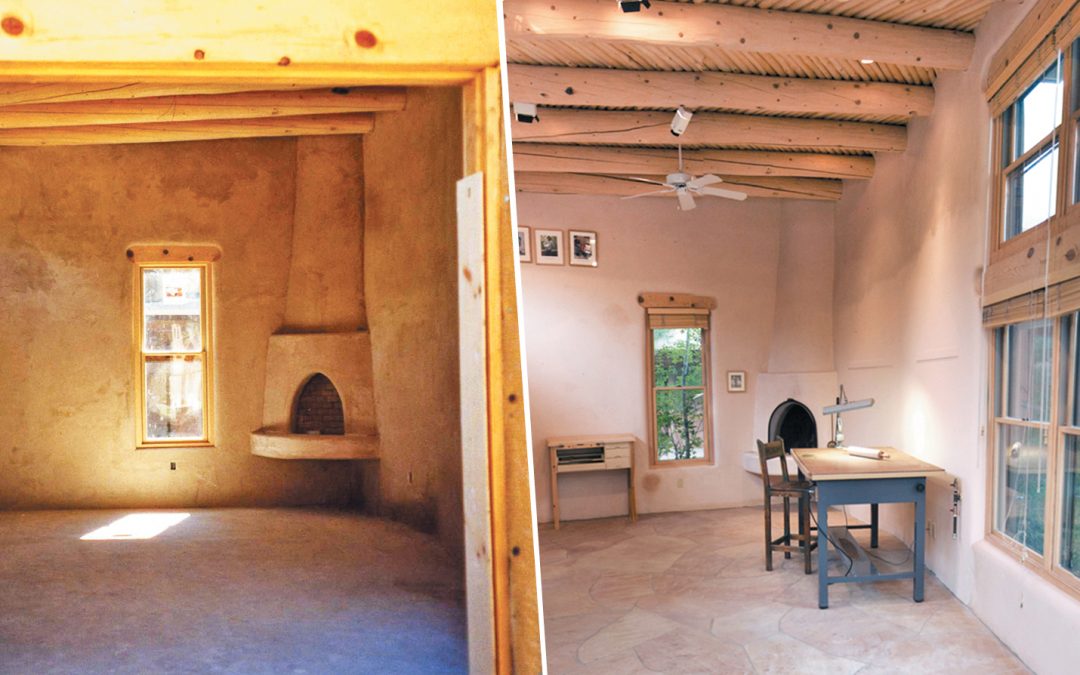
Two decades ago, with a vision of a space for artists that would elicit feelings of warmth and personality, SAR commissioned a new artist studio. The Native American artist fellowship program—then in its fourth year—needed a space more conducive to artistic creativity. The Dubin Studio was built adjacent to the Indian Arts Research Center (IARC) through the generosity of Ronald and Susan Dubin. Learn more about SAR’s two most recent contemporary Native American artist fellows and the Dubin Studio’s continued legacy of supporting artists through the open working space.
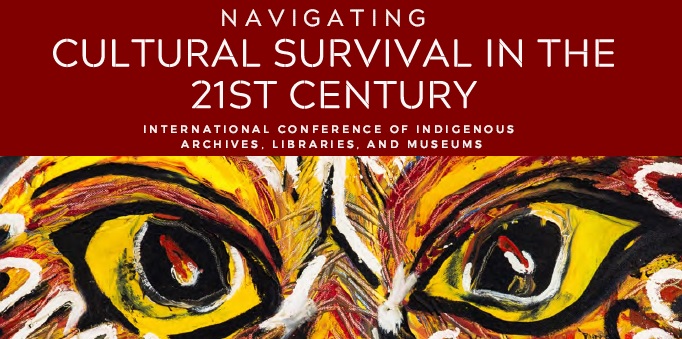
Erin Monique Grant, SAR’s 2019 Anne Ray Intern, reports on the 12th Annual International Conference of Indigenous Archives, Libraries, and Museums hosted in Temecula, California. Grant shares her experiences and reflects on the events that included a keynote address by US poet laureate Joy Harjo (Muscogee Creek Nation).
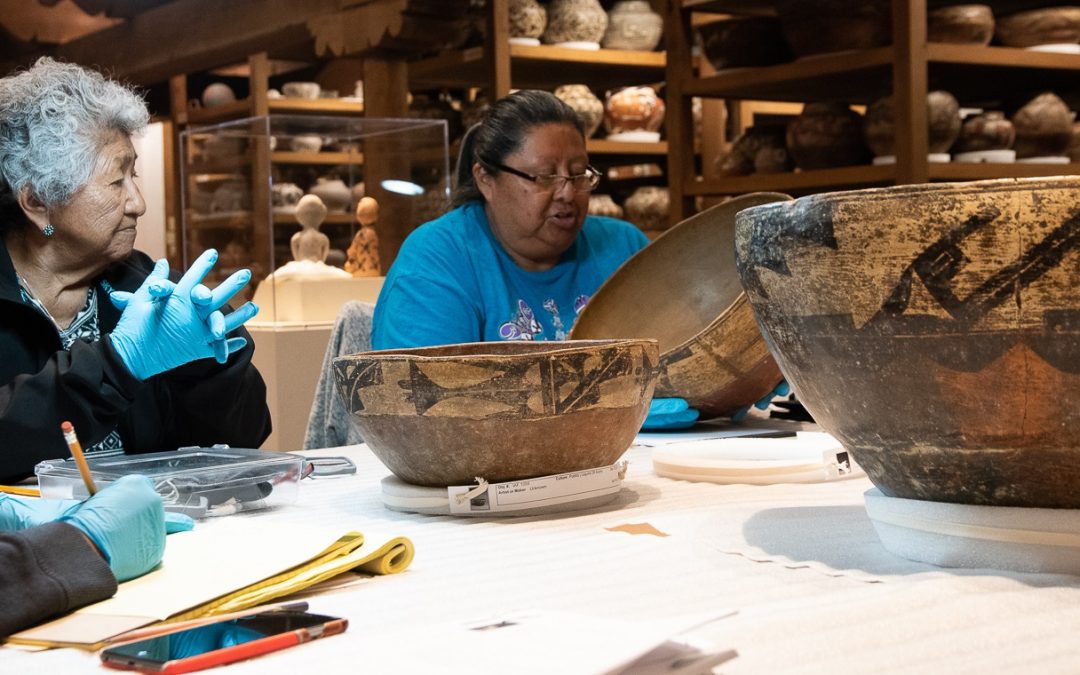
The School for Advanced Research (SAR) is pleased to announce the publication of the Guidelines for Collaboration, theoretical and practical guides to building successful collaborations between Indigenous communities, museums, and other collecting institutions. The Guidelines are the product of several years of critical discourse between over sixty Native and non-Native museum professionals, cultural leaders, artists, and scholars experienced in collaborative work in various institutions in the United States, Canada, and New Zealand. Available only in limited release until now, the Guidelines are already being used by internationally recognized institutions including Chicago’s Field Museum and University of California–Los Angeles (UCLA) in collaboration with the Getty Conservation Institute.
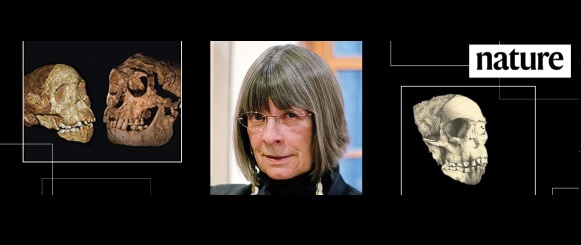
SAR senior scholar Dean Falk has contributed a piece to the journal Nature on South African physical anthropologist and paleontologist Raymond Dart.
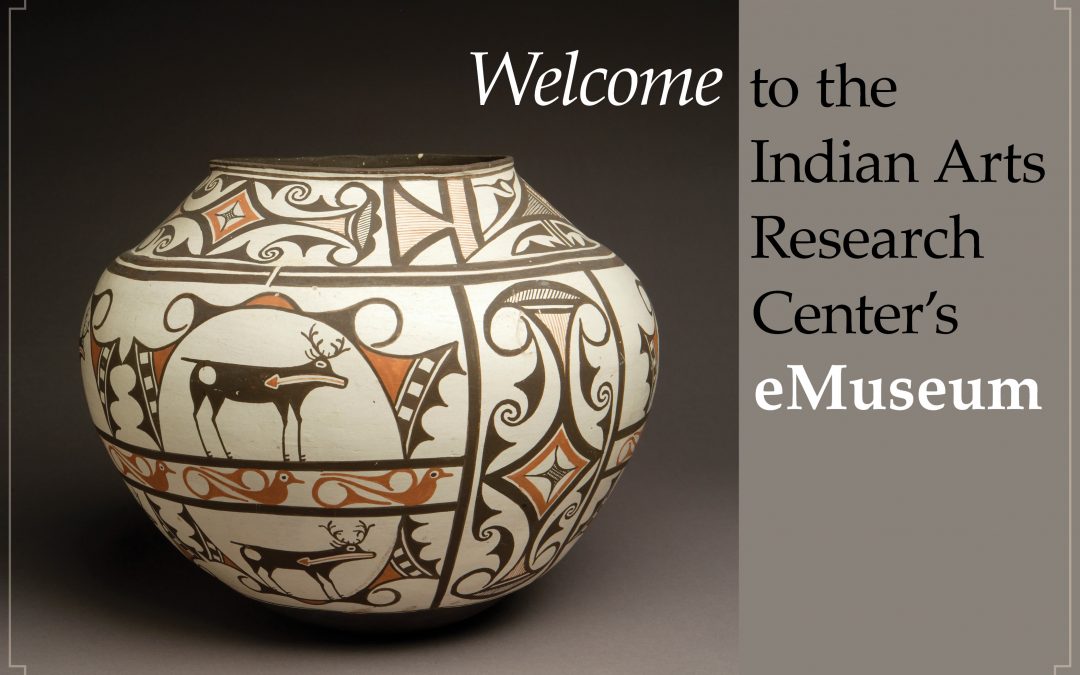
Parts of the IARC’s extensive collection of Southwestern Native art are now accessible through SAR’s eMuseum, which Day was instrumental in creating. As we talked, she told me about the collections review process that contributed to the development of eMuseum.